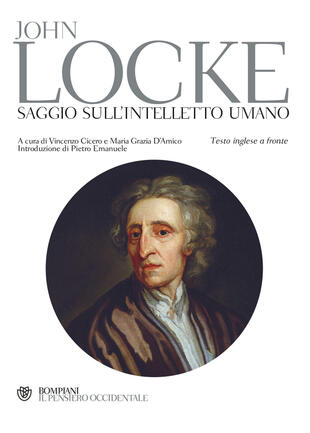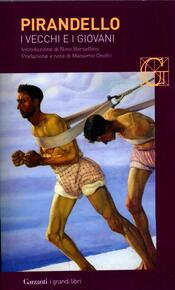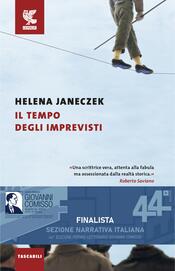

Sinossi
Pubblicato per la prima volta nel 1690, "Saggio sull'intelletto umano" è il capolavoro lockiano. Si tratta della prima grande opera moderna sulle capacità, le funzioni e i limiti dell'intelletto umano e ha inaugurato il fecondo filone di ricerche filosofiche culminato nelle tre "Critiche" kantiane. Obiettivo principale è quello di definire i limiti entro i quali l'intelletto può e deve muoversi e oltre i quali non deve spingersi. Il "Saggio" è tradotto sulla base della quarta edizione del 1700, l'ultima curata personalmente da Locke.
- ISBN: 8845212106
- Casa Editrice: Bompiani
- Pagine: 1386
- Data di uscita: 14-07-2004
Recensioni
Sometimes, the role of an artist or scientist is to express things that which people know to be true however can not or do not express themselves. This is how reading Locke feels like. Exposition: The observations noted throughout the text are from the common experiences and phenomena in the lives of Leggi tutto
The Essay Concerning Human Understanding is sectioned into four books. Taken together, they comprise an extremely long and detailed theory of knowledge starting from the very basics and building up. Book I, " Of Innate Ideas ," is an attack on the Cartesian view of knowledge, which holds that human be Leggi tutto
Human understanding all begins with the elementary particles and grasping how these mindless elements of matter formed our bodies to become conscious of themselves and their existence. Even though Locke, a staunch proponent of empiricism, believes our minds to be a tabula rasa that are equipped with Leggi tutto
Though Locke himself cautions (late in Book IV, the final volume of the Essay) against the Argumentum ad Vericundeum (from "authority")—against giving undue credence to an argument merely because of the reputation* of the person making it (e.g. "the Aristotelian unities must be respected by any play Leggi tutto
There is absolutely no doubt that Locke's ideas and arguments are very straightforward and clear in style. He's the father of empiricism, among many other schools of thought (i.e. liberalism and individualism, which in essence, forms the proliferating values of the global society). But he's a dude fr Leggi tutto
Locke deserves the credit for establishing modern philosophy. He knew traditional (that is classical and medieval) but he was not afraid to disregard everything that seemed wrong to him. Throughout the whole book, the one thing that is graspable on every page is Common sense . And I mean this in the Leggi tutto
Citazioni
Al momento non ci sono citazioni, inserisci tu la prima!























